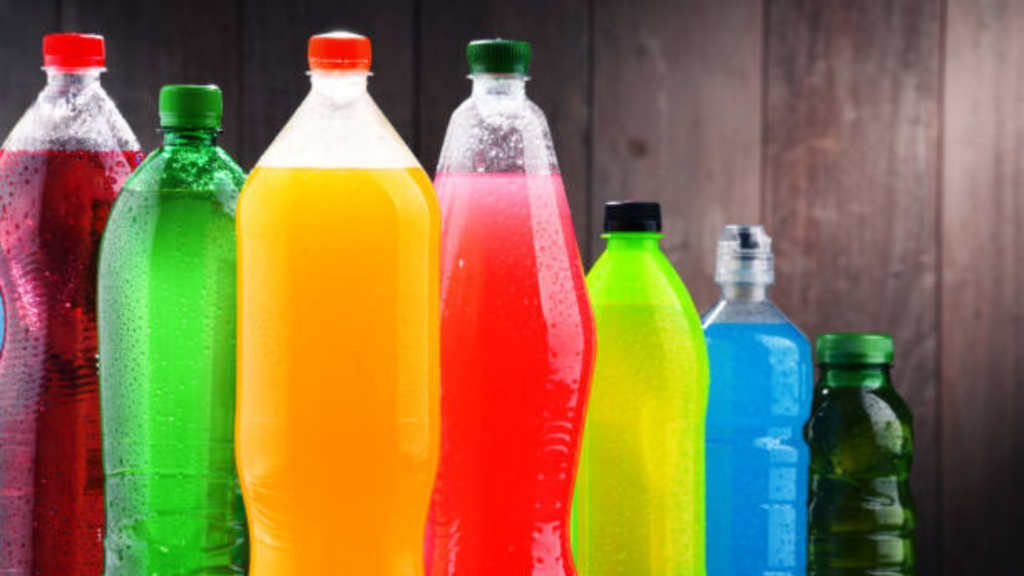

Jamaica is a high-risk country for childhood obesity, says the World Obesity Federation.
The excessive consumption of sugary snacks and beverages has been identified as a major contributing factor to this disturbing fact.
According to a report by the Ministry of Health in Jamaica, 11 per cent children. While 10-15 years, 35 per cent of children aged 15 to 18 years old are overweight or obese, with the prevalence steadily increasing over the past decade.
The sugary culprits include drinks such as sodas and fruit juices, which are particularly popular among children, often replacing healthier alternatives such as water or milk.
On January 1, 2019, the ban on sugar-sweetened beverages with a total sugar concentration surpassing a maximum of 6 grams of sugar per 100 milliliters (ml) was prohibited in schools island-wide. However, the recent statistics indicate a growing epidemic of childhood obesity and related health complications directly linked to excessive sugar intake.
Furthermore, research conducted by the University of the West Indies reveals that the average Jamaican child consumes an excessive amount of added sugars, far exceeding the recommended daily intake set by health authorities.
Obesity and ailments caused by poor diet and overindulgence in sugar are not only a problem with children but with adults as well, with the current data stating 36.9 per cent of Jamaican women 18 and over being over-weight. On the other hand, 18.1 per cent of Jamaican men are classified as over-weight, leaving them on the lower end of the regional scale for obesity.
Sugary beverages are not only sold in schools or at home, there are many avenues a child can go through to access these items. It begs the question: what more can be done to assist children in making better food and drink choices?







Comments